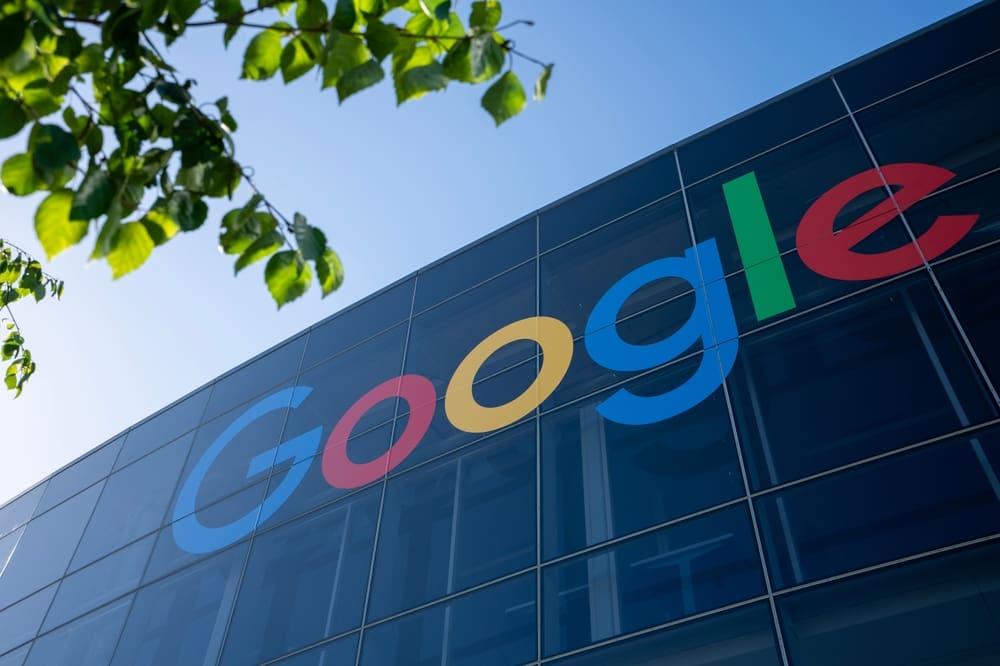Google is facing a significant challenge as the U.S. government seeks to dismantle the company for allegedly transforming its influential search engine into a monopoly. Over the next three weeks, hearings in a Washington courtroom will assess how Google should be penalized for its dominance in the search industry. Federal antitrust officials are advocating for measures that would prevent Google from establishing a similar monopoly in the realm of artificial intelligence.
The U.S. Department of Justice is pushing for a major overhaul, proposing to prohibit Google from forming lucrative agreements with companies like Apple that limit competition for its search engine. Additionally, the government suggests that Google should share its valuable user data with competitors and potentially divest its popular Chrome browser. This legal confrontation occurs nearly four and a half years after the Justice Department filed a lawsuit accusing Google of stifling competition and innovation for over a decade.
A ruling by U.S. District Judge Amit Mehta last year found that Google engaged in anti-competitive practices to secure its search engine as a dominant force on numerous devices, including iPhones and computers. This decision has set the stage for determining the consequences Google will face for its actions in a market it has shaped since its inception in a Silicon Valley garage in 1998.
Google’s influence extends beyond search, encompassing email, digital mapping, online video, web browsing, smartphone software, and data centers. The Justice Department is now highlighting the need for substantial measures to curb Google’s reach and that of its parent company, Alphabet Inc. Officials argue that Google’s practices have created a powerful entity that disrupts market dynamics, compelling consumers to accept its terms in exchange for a widely-used search engine.
Despite the change in administrations, the Justice Department continues to pursue penalties that were initially proposed during President Joe Biden’s term. These measures are now being supported under President Donald Trump, whose administration first brought the case against Google. The Justice Department emphasizes that the country’s values encompass more than just affordable goods and free online services, advocating for freedom of speech, association, innovation, and competition.
On its part, Google contends that the proposed remedies are unnecessary, asserting that its search engine’s popularity is due to consumer preference. The company warns that the suggested changes would harm consumers and innovation, as well as future competition across various markets. Google’s lawyers argue that the proposed solutions are unrelated to the alleged anti-competitive conduct and violate legal standards.
Google also raises concerns about the requirement to share search data with competitors and the potential sale of Chrome, citing privacy and security risks. The company cautions that the broad scope of the proposed remedies could negatively impact browser developers and jeopardize the digital security of countless users.
This case is the most significant antitrust battle in the U.S. since the lawsuit against Microsoft in the late 1990s. The previous case resulted in a federal judge ruling Microsoft as an illegal monopoly, mandating a partial breakup that was later overturned. Google plans to appeal Judge Mehta’s determination of its search engine as a monopoly, pending the completion of the remedy hearings.
The outcome of this case could influence a series of antitrust actions against other technology giants, including Meta Platforms, Apple, and Amazon. Moreover, Google is facing another antitrust case concerning its digital advertising network, which could lead to further legal challenges and potential restructuring.








